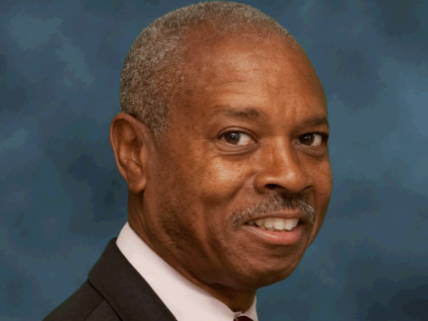Bronx Judge Chastises and Banishes Prosecutor for Failing to Share Exculpatory Evidence With Rape Defendant

The New York Daily News highlights a Bronx judge's angry banishment of a prosecutor who failed to comply with Brady v. Maryland, the 1963 decision in which the Supreme Court said due process requires the state to share potentially exculpatory evidence with defendants. The Bronx case involved Segundo Marquez, a man accused of rape who was held for eight months at Rikers Island pending trial. At the end of the two-week trial, a supervisor in the Bronx County District Attorney's Office informed Criminal Court Judge John Wilson that the prosecution had decided to drop the case in light of recently discovered evidence: a note indicating that Marquez's accuser initially told police the sexual encounter was consensual. The note had been in the prosecution's file all along, but Assistant District Attorney Megan Teesdale said she had overlooked it. That information prompted this extraordinary rebuke from Wilson:
I was admitted to the bar in April of 1987, and I was, at the time, an assistant district attorney in the Bronx DA's office. I've always been very proud of that association, until today…
I have now been on this bench nine years and three months. In all that time as a prosecutor, as defense attorney, as judge, I've never seen a Brady violation as egregious as this. To my mind, this is an utter and complete disgrace—not just for you, but for your office in general. Disgrace.
The excuse you offer, passing the file back and forth, no one looking and no one knowing what anything is, saddens me on one level and makes me sick on another. For my own peace of mind, I absolutely refuse to believe that you did this on purpose. However, it is gross negligence on yor part to have not found this information and turned it over to Defense, and for your supervisor to find it and turn it over right after defense summations. I emphasize those words: gross negligence.
I recall the defense asking before the trial started for any notes that the People had in their possession, and you blithely said, "No, we don't have any notes." It turned out, unfortunately, to be a lie. Your actions bring disgrace to both your office and to yourself.
But what really concerns me more than anything else is: Where is the justice for your complaining witness? Where is her justice? She had the right to have this case heard by a jury and have the jury decide whether or not they believed her allegations. She's lost her chance at that justice due to your conduct.
What about his justice? The defendant had a right to have a jury decide whether or not they believed those allegations. Where is his justice waiting for his trial? You have failed on so many levels, so many levels.
Here are your sanctions: You are going to leave this courtroom, and you're never going to come back. You can't appear before me anymore. I'll tell you why: because I cannot trust anything you say or do. I can't believe you. I can't believe your credibility anymore. The only thing a lawyer ever has to offer is their integrity and their credibility, and when you've lost that, there is no purpose in your appearing before this court. Step out.
The Daily News adds that "defense attorneys in the Bronx say the slip up is a common ploy used by prosecutors to get convictions." Marquez's attorney told the paper, "This situation, while egregious, reflects a larger problem endemic to our criminal justice system."
More evidence of that problem: the Orleans Parish District Attorney's Office in Louisiana, where prosecutors have a long history of Brady violations
[Thanks to E. Everett Bartlett, director of the Center for Prosecutor Integrity, for the tip.]


Show Comments (39)